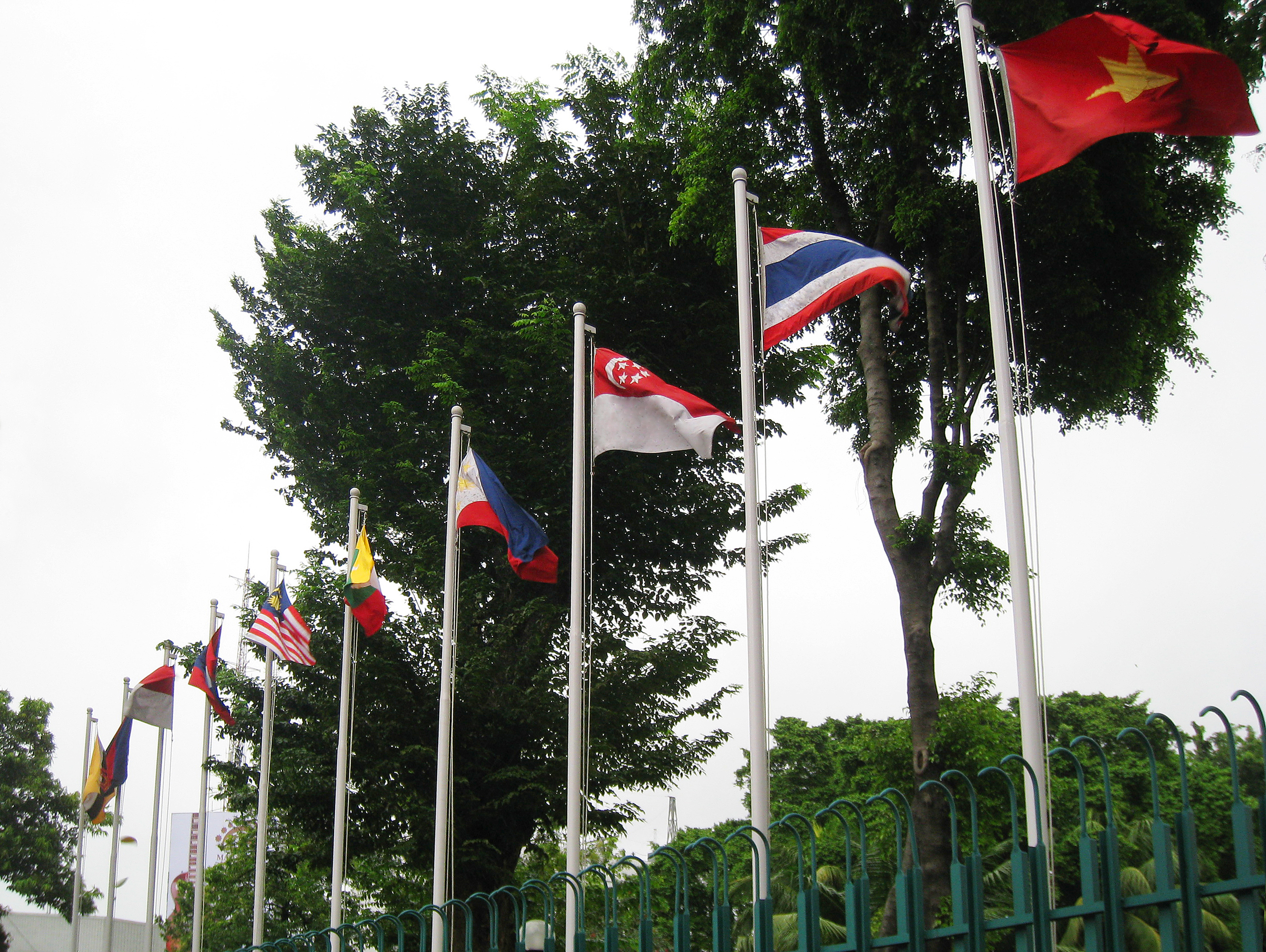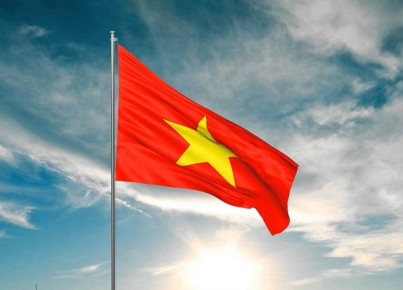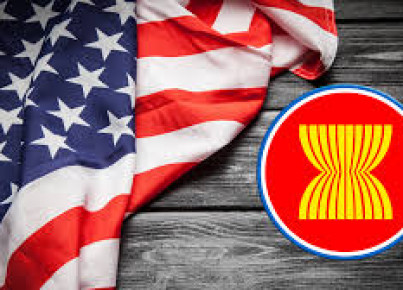The annual summit of Southeast Asian countries kicks off. Here are what's on the agenda at the six-day event in Vientiane
By Emanuele Ballestracci
Between Oct. 6 and 11, Vientiane will host the 44th summit of ASEAN countries and the most important political event of the year for the Southeast Asian region. There are many thorny dossiers that will need to be addressed, chief among them the civil war in Myanmar and tensions in the South China Sea, and there will be no shortage of high-level meetings with representatives of key partner countries.
The chairmanship of ASEAN rotates annually, and in 2024, for the third time in its history, it fell to the Lao People's Democratic Republic. Already in July this year, a meeting of the foreign ministers of the member countries was held, where the bloc's difficulty in dealing with the two most sensitive foreign policy issues emerged. Indeed, the slow implementation of the five-point peace plan for resolving the civil war in Myanmar and the military junta's feeble willingness for dialogue has caused quite a few disagreements among ASEAN members. Indeed, Malaysia, Thailand, Indonesia and Singapore are pushing for a stronger stance by the bloc to resolve the conflict while others, including Laos and Vietnam, prefer a less invasive approach. The handling of tensions in the South China Sea between China and, first and foremost, the Philippines and Vietnam have also been divisive. Indeed, Manila and Hanoi are calling for tougher responses toward Beijing while other members prefer not to risk escalating tensions given China's preponderant economic presence in the region.
Vientiane's chosen theme for its chairmanship is “ASEAN: Enhancing Connectivity and Resilience” and will be developed based on three pillars: promoting infrastructure connectivity; reducing the development gap; and promoting greater economic integration and human mobility. Already during the summit of the Economic Ministers of ASEAN countries held in mid-September, the importance of responding to global and regional challenges through greater unity and cooperation was enunciated, concretely realizing the slogan “enhancing connectivity and resilience.” The focus on these issues reflects the national interests of Vientiane, which, being landlocked, needs greater regional connectivity to move from being “land-locked” to “land-linked.” Already during the previous two presidencies, Laos had placed a focus on similar issues. In fact, the “Vientiane Action Program” and the “Vientiane Declarations,” which resulted from the 2004 and 2016 summits, had strengthening infrastructure and regional integration as pivotal elements.
Two other more distinctly foreign policy issues were placed at the center of the proceedings: strengthening ASEAN's relations with external partners and maintaining the organization's centrality in the evolving regional order. Indeed, the October summit will be peppered with numerous meetings with representatives of other global powers, which were already preceded between mid- and late September by as many consultations and preliminary meetings. Indeed, bilateral summits are on the agenda with all major regional players (starting with China, India, Australia, Japan) as well as the European Union and the United States. Particularly relevant will be meetings with Beijing representatives, given China's importance in infrastructure investment, development finance and because of territorial disputes in the South China Sea.
The 19th East Asia Summit (EAS), the annual forum of East Asian leaders focused on regional cooperation and strategic dialogue on security, political and economic issues, will also be conducted in parallel. In addition to the ASEAN countries, China, the United States, Russia, India, South Korea, New Zealand, Japan and Australia are members.
Finally, East Timor's process of joining ASEAN as a full member will be discussed. The small island state gained official observer status in 2022 at the conclusion of the 41st ASEAN summit and approval “in principle” to become a member. In the following two summits, the roadmap for full membership was established, and East Timor has since made significant efforts to fulfill the criteria imposed. Nevertheless, achieving these goals will require cooperation with current members and dissolving the reservations of Singapore and Myanmar, still cool about its membership. The 44th ASEAN summit will thus be a golden opportunity for East Timor to gain the consensus needed to become its 11th full member.






